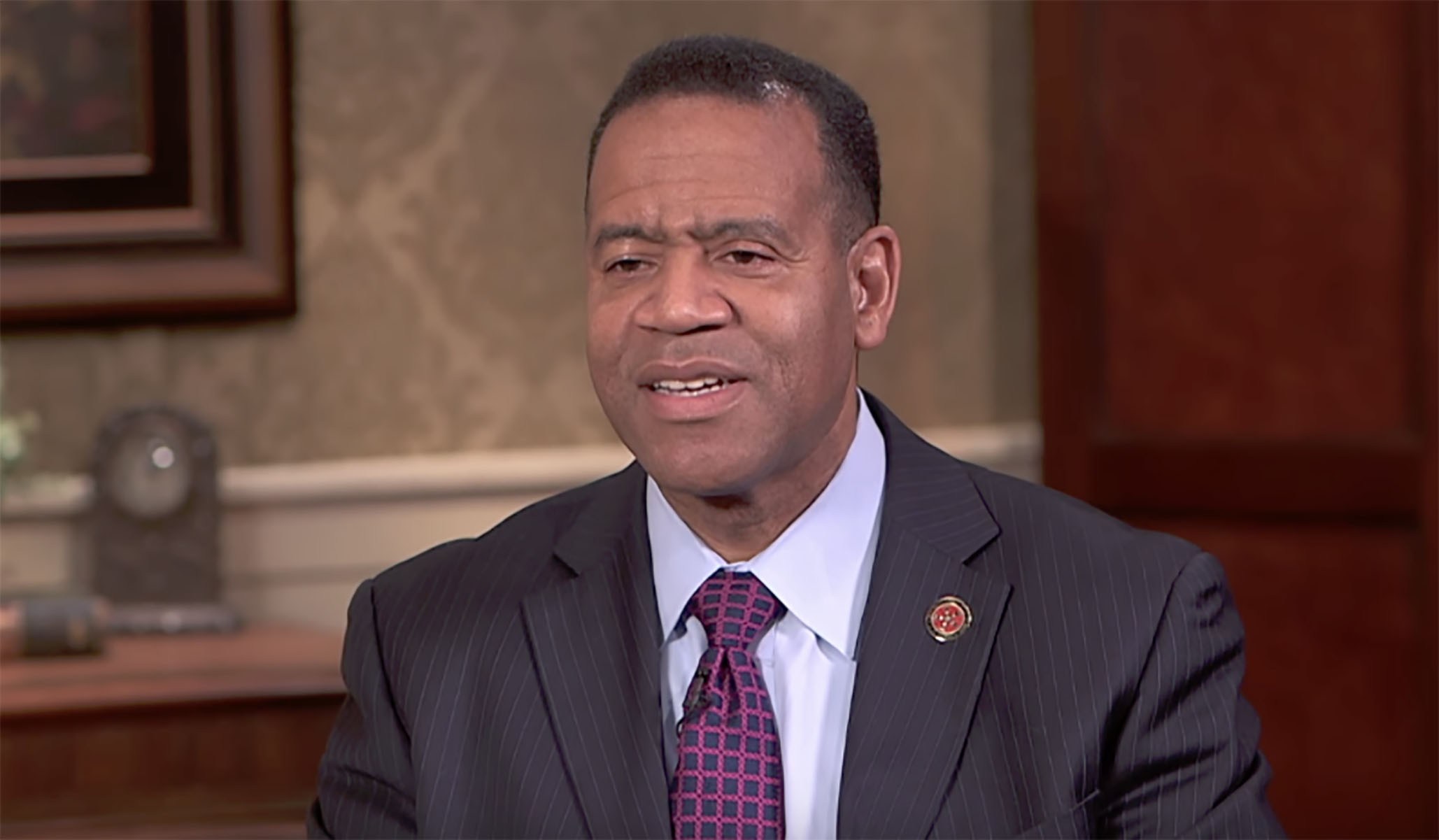By: David French – nationalreview.com – October 16, 2018
A good man’s legal ordeal is at an end. Yesterday, my friends and former colleagues at the Alliance Defending Freedom announced that former Atlanta fire chief Kelvin Cochran had reached a $1.2 million settlement, ending a case he brought after the city fired him for writing — and distributing to a select few city employees — a self-published book that articulated an entirely orthodox Christian view of sex and marriage.
The facts of the case were egregious from the beginning. Cochran was a pioneer — born in Confederate Memorial Hospital in Shreveport, La., he grew up to become one of the first black firefighters hired by his hometown fire department. He ultimately became the first black fire chief of Shreveport.
He continued to ascend the ranks of firefighters, becoming Atlanta’s fire chief, and then, in 2009, Barack Obama appointed him to run the Fire Administration, a division of the Federal Emergency Management Agency.
After Cochran left Atlanta, the fire department struggled. So Atlanta’s mayor recruited him back, and Cochran turned the department around so thoroughly that it for the first time received the nation’s highest fire-protection rating. The cornerstone of his effort to transform the department’s morale was a “participatory management structure” that solicited input from “every rank, race, shift, and gender.”
He consciously included LGBT employees, granting — in his words — “every group a voice.”
As I wrote when his case went to court, to this point Cochran’s story was one that would make even a university diversity officer rejoice. He overcame poverty and discrimination to ascend to the pinnacle of his profession, where he implemented an inclusive management style that improved employee morale.
But Cochran is also a Christian, and — soon enough — that presented a problem that was fatal to his career. In 2013, he sought and received permission from the city’s ethics officer to self-publish a Christian book. The book — Who Told You That You Were Naked? — in part argued that sex outside of a marriage between a man and a woman was contrary to God’s will.
He distributed the book to a select few colleagues, mainly people who had already discussed their Christian faith with him. He also shared it with the mayor and three members of the city council. No fire-department employee ever complained to him about his book.
One employee did show the few pages of the book that dealt with sexuality to an openly gay Atlanta City Council member. Suddenly, it was as if Cochran had kicked up a hornet’s nest. Within days, Cochran was suspended without pay. Atlanta’s mayor openly condemned Cochran’s religious beliefs, and on January 6, 2015, the city fired him — without providing him the due process required by city rules or providing him any meaningful opportunity to contest the claims against him. In fact, the city fired him without finding evidence that he’d discriminated against anyone.
So, he sued, and in December 2017, an Obama-appointed judge ruled that key city policies were unconstitutional, including policies that the city claimed he violated.
Yesterday’s settlement represents an important moment in the fight for religious liberty. First, and most important, it represents individual justice for Cochran. His claims are vindicated, and while nothing can truly compensate him for the lost career and the heartache of a multi-year legal battle, he’s been made financially whole for an egregious act of anti-Christian bigotry.
Second, the size of the settlement matters. Talk to any religious-liberty attorney and they’ll tell you that, while states and cities will comply with injunctions and declaratory judgments, monetary damages have a greater deterrent effect on discrimination and misconduct. Oh, and it’s extremely difficult to obtain a substantial damage award in a First Amendment case. After all, how do you put a price tag on censorship?
But when a man loses a job, the price tag is clearer, and in this case that price topped seven figures. A message has been sent.
The forces of religious intolerance are on a losing streak. Earlier this summer, Justice Anthony Kennedy wrote for a 7–2 Supreme Court majority to chastise the State of Colorado for its overt religious discrimination against Jack Phillips, the proprietor of Masterpiece Cakeshop. Phillips had refused to custom-design a cake celebrating a gay marriage, and Colorado courts and civil-rights commissioners had exhibited overt anti-Christian animus when they ruled against Phillips.
Three weeks later, SCOTUS vacated a Washington State Supreme Court ruling against florist Baronelle Stutzman and remanded the case back to the state court for further proceedings consistent with its ruling in Masterpiece Cakeshop. Stutzman had refused to create custom floral arrangements for a gay wedding, and the attorney general of Washington had pursued her relentlessly, even to the point of threatening her life’s savings.
These cases are different from Cochran’s, but they do contain a common thread — government officials demonstrated substantial intolerance in the name of “inclusion” and rather than seeking solutions that allowed each member of the community to exercise their liberty (to enjoy rights to cakes and conscience, for example), they took sides against Christians, using their power to send a clear message: Traditional Christianity is incompatible with the progressive state.
That is not a decision the Constitution empowers them to make. Chief Cochran’s case illustrates an emerging First Amendment truth. The personal cost of state bigotry is high, and justice demands that the government pay for its sins.
To see this article, click read more.
Source: Kelvin Cochran & Religious Liberty: Fire Chief Settles for $1.2 Million
 Listen Online
Listen Online Watch Online
Watch Online Find a Station in Your Area
Find a Station in Your Area








 Listen Now
Listen Now Watch Online
Watch Online
